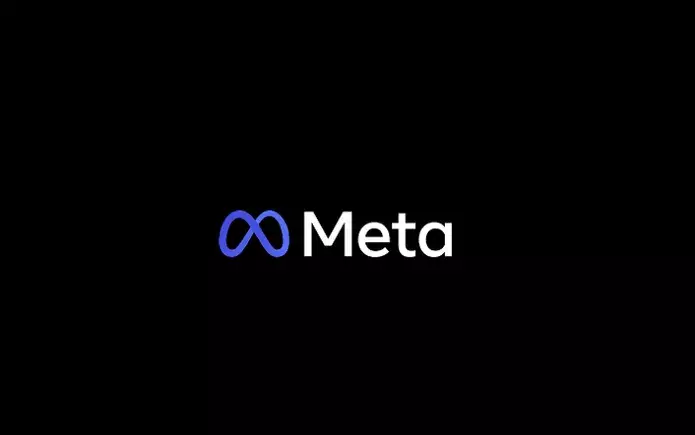In a world where our digital lives are constantly intertwined with technology, the recent legal victory for Meta against NSO Group has sparked a beacon of hope for those who value online privacy. This decisive ruling stems from an alarming incident in 2019 when WhatsApp—Meta’s flagship messaging platform—suffered a major breach that exposed over a thousand users to sophisticated malware. The malware, hidden within video calls, didn’t even require victims to interact; merely receiving a call was enough. Such deceptive tactics highlighted the alarming reality that personal information—financial details, messages, and even microphone and camera functionality—was potentially up for grabs. With technology’s promise comes significant responsibility, which has often been neglected by malicious actors.
The Role of the Underdog: NSO Group’s Spyware Crisis
At the center of this controversy lies NSO’s Pegasus software, a potent surveillance tool that has gained notoriety for its misuse in various cyber attacks. This legal battle isn’t just about Meta versus a technology provider; it embodies a much larger fight against the pervasive threat of spyware. It’s not simply about punishing one developer, but rather holding them accountable for the negative consequences their tools can impose on user privacy across the globe. This case boldly steps forward, challenging the existing norm where spyware operators often escape accountability due to vague justifications of national security or crime fighting.
Meta’s assertion—that the harm caused is a direct consequence of NSO’s malicious software—marks a shift in the legal discourse surrounding digital privacy violations. The implication here extends beyond just WhatsApp users; it establishes a precedent that could affect the entire tech ecosystem. Imagine a scenario where other technology companies feel empowered to take analogous legal action, potentially disrupting a market that has long operated with minimal scrutiny. This is not just rhetoric; it’s a tangible goal that could force a reevaluation of how technology firms design and sell surveillance tools.
Legal Precedents That Empower Users
The federal jury ruling in favor of Meta serves as both a shield and a sword in the ongoing battle for user privacy. By officially recognizing the harmful implications of using spyware in messaging and social media applications, the court renders a decisive message: deploying such tools without consent is unacceptable. The ramifications of this judgment could resonate in various areas, compelling software developers to rethink the ethics and legality of their offerings.
Increasingly, developers have relied on a defense strategy that claims their products can serve non-invasive purposes. However, Meta’s case telescopes the narrative, focusing the spotlight on the devices’ individual privacy vulnerabilities. What’s particularly encouraging here is the acknowledgment that our cherished communication channels must be fortified against the deliberate exploitation of spyware. This ruling sets a tone that prioritizes user rights over shadowy business practices.
A Catalyst for Change in Cybersecurity
More than just a legal victory, this case provides motivation for initiatives aimed at beefing up cybersecurity practices across all platforms. As apps continue to evolve, the legal protections surrounding their users must transform concurrently, creating a robust defense against intrusive acts. This is a clarion call for enhanced security measures and proactive measures from technology providers to safeguard user data.
In an epoch where technology is advancing faster than our legal frameworks can adapt, cases like this represent crucial milestones. They become catalysts that not only target specific wrongdoers but also foster a culture of due diligence across the industry. It is a potent reminder that responsibility for user safety and privacy lies at the heart of technological advancement. Only through such vigilant accountability can we hope to reclaim user trust in an increasingly algorithmic world.
Looking Ahead: A New Era of Privacy Protection
The implications of Meta’s triumph extend beyond the courtroom; they ripple through the fabric of digital communication and privacy law. As our society continues to grapple with the balance between technological innovation and user security, this ruling is a herald of a new standard. It challenges developers to innovate within a framework of ethical responsibility. Ultimately, it encourages users to confidently navigate their digital landscapes, knowing there is an expanding legal arsenal to protect them against surveillance overreach.

